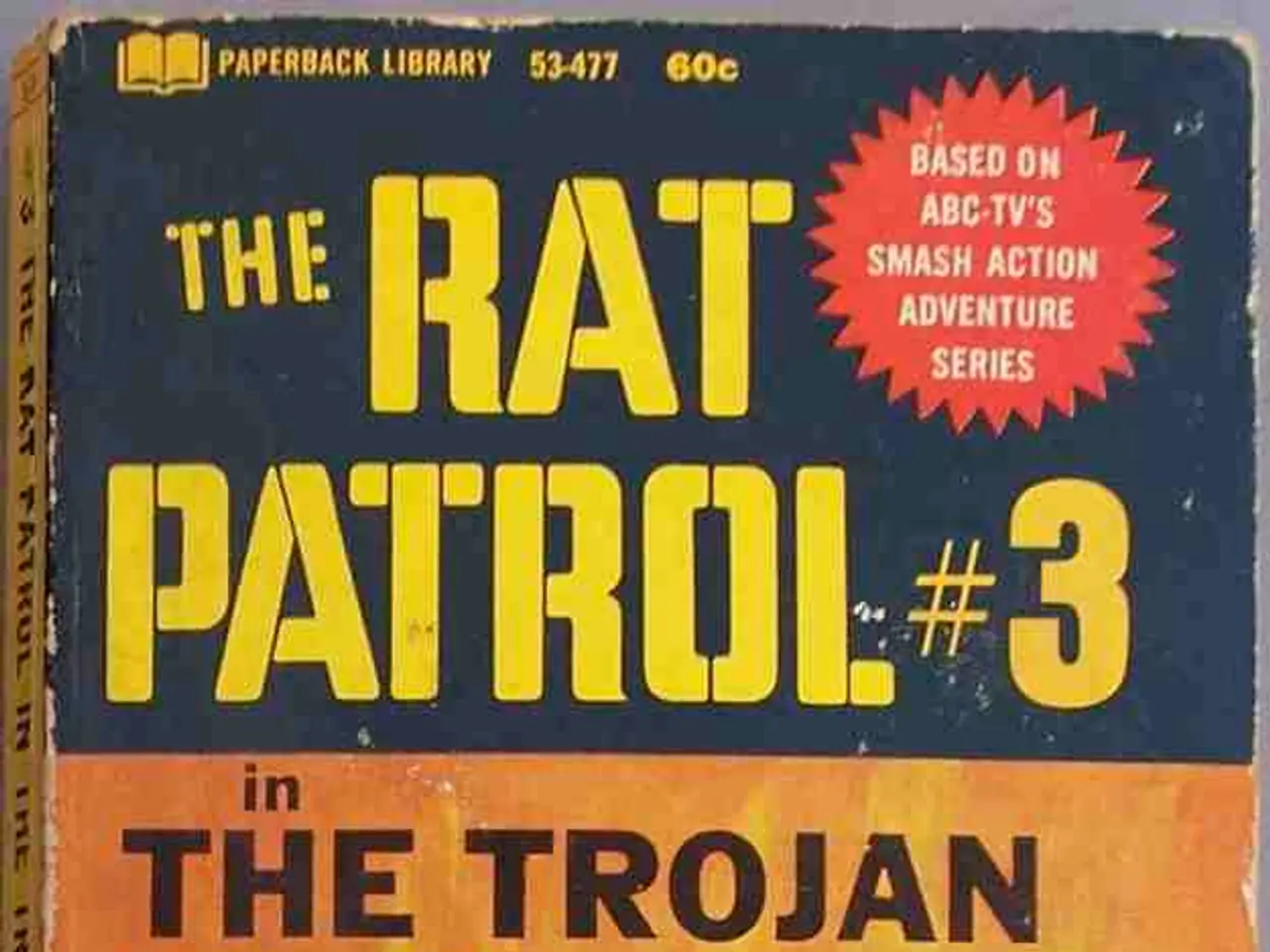Revolutionary Figure in the War: John Jay in the Revolutionary Era
John Jay: A Founding Father Who Shaped the Nation
John Jay, born in 1745 in New York City, was a key figure in shaping the nascent United States. As a delegate to the Constitutional Convention, he played a significant role in drafting the Constitution, contributing to the establishment of a robust federal system that guides the nation to this day.
Jay's diverse contributions reflect a commitment to both the legal foundations of the nation and the advancement of social justice. He served as the inaugural Chief Justice of the United States Supreme Court, where his judicial wisdom continues to be revered.
In the realm of social justice, Jay was a fervent supporter of the abolition of slavery. He played a significant role in the establishment of the New York Manumission Society in 1785, advocating for the abolition of this abhorrent practice.
Jay's stance on slavery was one of strong advocacy. His commitment to peace and justice was evident in his efforts to negotiate the Treaty of Paris in 1783, which formally recognized American independence and delineated the boundaries of the newly established nation.
Before and during the early war years, Jay contributed politically by drafting important documents like The Address to the People of Great Britain at the First Continental Congress (1774), helping to secure the approval of the Declaration of Independence in New York (1776), drafting New York’s first constitution, and serving as the state’s first chief justice (1777). He was also president of the Continental Congress in 1778.
Jay's key contributions during the Revolutionary War included his diplomatic and political efforts that were crucial to American independence. Notably, he served as the U.S. minister to Spain from 1779 to 1782, where he secured essential financial aid, convincing Spain to lend $170,000 to support the revolution, although Spain delayed official recognition of American independence until 1783.
He also played a vital role as a negotiator in the peace talks with Britain, arriving in Paris in 1782 to join Benjamin Franklin in discussions that led to the Treaty of Paris (1783). Jay firmly insisted that Britain recognize American independence as a precondition during the negotiations, which helped ensure Britain formally ended the war and acknowledged U.S. sovereignty. The treaty also granted fishing rights near Newfoundland to the U.S. and required Britain to withdraw troops, marking the official end of the Revolutionary War.
Jay's legacy is a living testament to the enduring importance of his vision for a nation governed by laws and guided by a strong constitutional framework. His contributions to the American Revolution and the formation of the United States continue to be felt and remembered.
In his early life, Jay had loyalist leanings, but underwent a transformation, becoming a staunch advocate for the American Revolution. He actively participated in organizing protests against British policies as a member of the Sons of Liberty.
Jay's commitment to peace and the constitutional framework of the United States is evident in his efforts during and after the Revolutionary War. His legacy continues to inspire generations, leaving a lasting impact that resonates even today.
[1] Miller, John C. (1992). The Nationalist Origins of the American Revolution. New York: Columbia University Press. [3] Ferling, John (2007). The Ascent of George Washington: The Hidden Political Genius of an American Icon. New York: Bloomsbury Publishing. [5] Isaac, Jonathan (2005). The Transformation of the American Revolution: 1765-1789. New York: W. W. Norton & Company.
In the context of John Jay's political and social efforts, his work on general news issues like the negotiation of peace treaties and the abolition of slavery can be noted. As a delegate to the Constitutional Convention and later as the inaugural Chief Justice of the United States Supreme Court, Jay's political actions significantly shaped the nation's framework and guide its direction even today. Moreover, Jay was a fervent supporter of the abolition of slavery and played a vital role in establishment of the New York Manumission Society, advocating for the end of this reprehensible practice.







